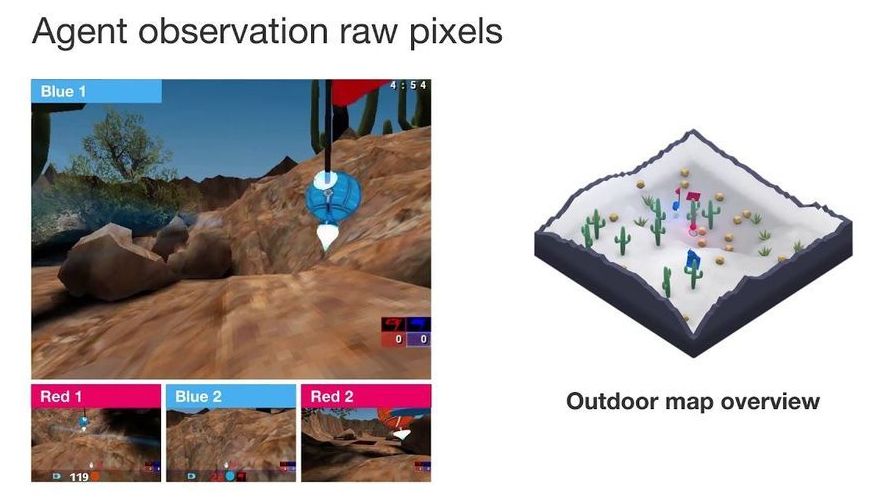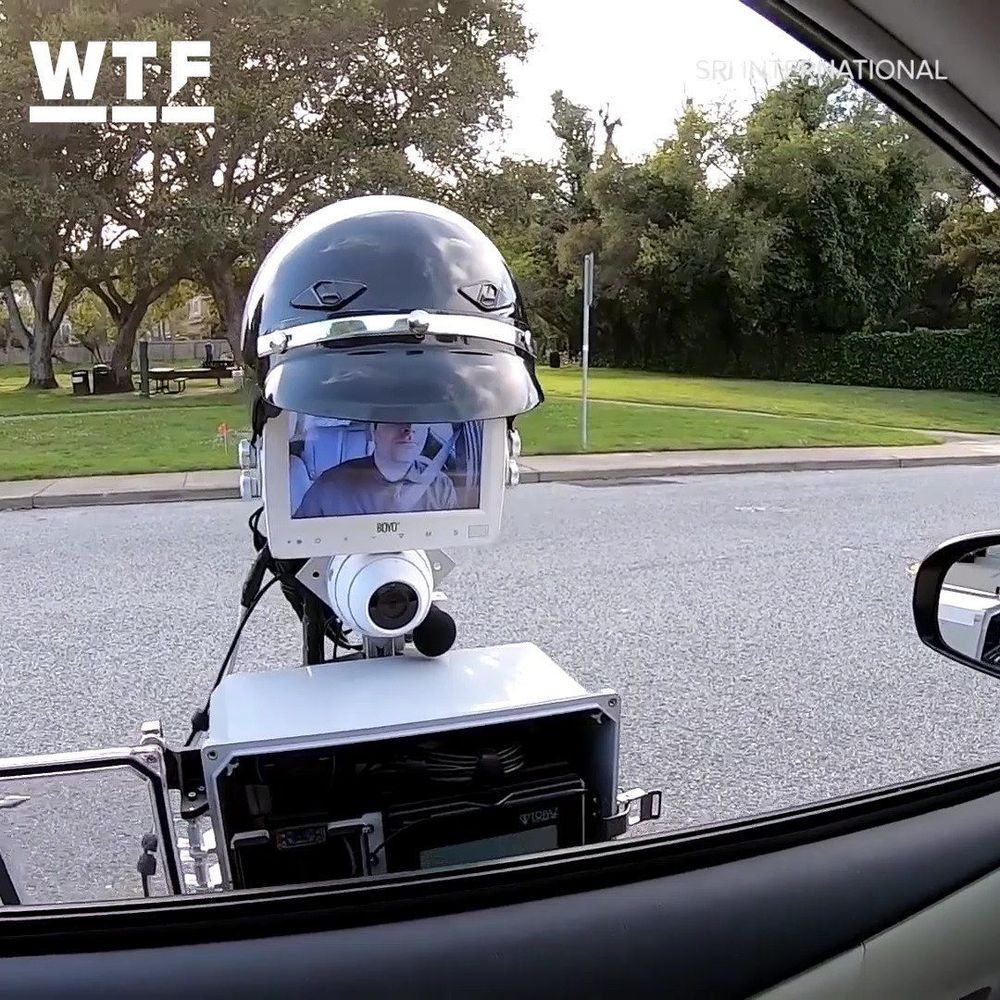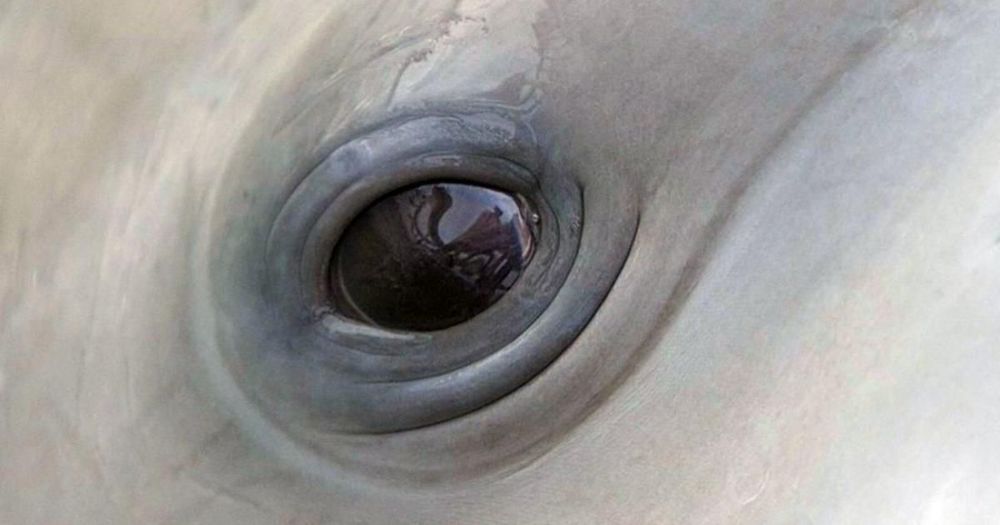Page 8742
Top-80 longevity influencers in california by aging analytics agency.
Anne Corwin Atul Butte, M.D., Ph.D. Aubrey de Grey William Faloon Bill Andrews Cynthia Kenyon David A. Kekich David Botstein Eric Topol Eric Verdin Gordon J Lithgow Gregory Fahy Jim Strole
Link to Report: https://www.aginganalytics.com/longevity-in-california
Jun 3, 2019
Can The Science and Philosophy of Information Solve The Problem of Time?
Posted by Alex Vikoulov in categories: biotech/medical, entertainment, science, space travel
In our day and age when the science and philosophy of information start to eclipse traditional disciplines on all fronts, the importance of asking the right kinds of questions in light of a new rhetoric cannot be overestimated. Hereafter you can find three videos with their transcripts related to D-Theory of Time, or Digital Presentism, that I cover extensively in my new book The Syntellect Hypothesis: Five Paradigms of the Mind’s Evolution, as well as in my just-released ebook The Physics of Time: D-Theory of Time & Temporal Mechanics.
Will We Transcend The Temporal Dimension?: If you’re like me who loves thought-provoking sci-fi literature and movies, Interstellar and Arrival are both about transcending temporality, one through physics and the other through language. Arguably, these two outlooks on TIME reflect our current understanding as the most plausible ways to overcome the grips of impermanence.
If we look back at evolutionary emergence on our planet, the simplest organisms like primordial mitochondria, the front-runners at the onset of biological life, were able to perceive and move towards nutrients and away from environmental threats in an essentially one-dimensional existence.
Continue reading “Can The Science and Philosophy of Information Solve The Problem of Time?” »
Jun 3, 2019
Google’s DeepMind Can Support, Defeat Humans in Quake III Arena
Posted by Quinn Sena in category: robotics/AI

Google has trained its DeepMind AI to compete in a team environment in order to calculate winning strategies that can both defeat and support human players in Quake III Arena.
Jun 3, 2019
Why Quantum Computing Requires Quantum Cryptography
Posted by Quinn Sena in categories: computing, encryption, internet, quantum physics
Quantum computing is cool, but you know what would be extra awesome — a quantum internet. In fact if we want the first we’ll need the latter. And the first step to the quantum internet is quantum cryptography.
Aired: 05/31/19
Jun 3, 2019
Quantum leaps are real – and now we can control them
Posted by Quinn Sena in categories: computing, quantum physics
Quantum leaps are generally assumed to be instantaneous, but researchers have figured out how to intercept them midway, which may be useful in quantum computing.
Jun 3, 2019
This Clothing Line Was Designed By AI
Posted by Quinn Sena in categories: information science, robotics/AI
Jun 3, 2019
There May Be Creatures On This Planet More Intelligent Than Humans, Study Says
Posted by Quinn Sena in category: futurism
It has long been known that humans are very intelligent, often thought of as the most intelligent. However, could there be something far more intelligent that blows us humans out of the water? Quite a lot of people think the answer to that question is yes. What is it though?
A study from last year (2018) suggests that Dolphins are highly intelligent creatures, so much so that they may surpass human intelligence in some respects. One of those ways being self-awareness. The study used was a mirror-self recognition (MSR) test which basically consists of presenting a mirror to the test subject and seeing how long it takes them or it to recognize themselves.
When presented with a mirror, human infants aren’t usually able to recognize themselves until they are around 12 months old. Bottlenose dolphins, on the other hand, are able to recognize themselves at just seven months old. The experiment was done on both male and female dolphins to get a range of results.
Continue reading “There May Be Creatures On This Planet More Intelligent Than Humans, Study Says” »
Jun 3, 2019
When One Protected Species Kills Another, What Are Conservationists to Do?
Posted by Mark Larkento in category: futurism
Complex decisions that sapient beings must make.
What if great white sharks threaten sea otters? Dilemmas are on the rise in an increasingly disrupted environment.
- By David Shiffman on June 3, 2019
Jun 3, 2019
This robot may one day write you a traffic ticket
Posted by Quinn Sena in category: robotics/AI

The robot is a proof-of-concept developed by Stanford Research Institute international to aid police with traffic stops.
















